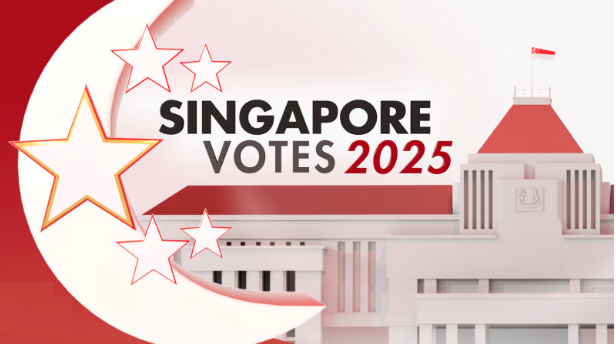No Vote, No Voice: Are Teens Being Left Out?

At 12, I’m already forming opinions about the world around me—so why can't I help decide who leads it? Voting Age: Is It Time to Let Teens In?
The Debate: Weighing the Benefits and Challenges of Teen Voters
"Ugh, why can’t I vote?” my sister groans for the third time this week, dramatically tossing her bubble tea on the table like she's staging a protest. She doesn’t pay CPF, can’t even vote for class monitor without overthinking it—but somehow, she’s convinced she’s ready to help decide who runs the country. And honestly? She’s not the only teen in Singapore starting to think that way.
Have you taken the time to think about the minimum age requirement for voting, especially in Singapore? Well, I have, and I think that teenagers these days should be allowed to vote to create a more balanced and diverse democracy. The right to vote is the cornerstone of democracy. Currently, in most major democracies in the world, the minimum voting age ranges from 16 to 21, the most common being 18. In Singapore, the minimum age requirement is particularly high at 21. I think we should seriously consider if 21 is still appropriate for Singapore, and whether we should lower the age requirement like most other countries, to give our teenagers a say in the future of Singapore. Many like me would argue yes, and of course, there are good reasons to support this view.
The Benefits
Firstly, teenagers will bring fresh ideas and perspectives to the table, shedding a different light on issues that adults may not have thought of. Teenagers’ minds work differently from adults’, and while some might see that as a disadvantage, I see it as an opportunity. I believe that we should include opinions from a younger group of citizens to create a more balanced government. After all, teenagers are our future, and they should have a say in the affairs of Singapore.
Secondly, Singapore's education system includes subjects like Social Studies and National Education, which give students an understanding of how the country’s government works. Many teenagers would follow current events, discuss social issues, and express opinions about the latest decisions made by our government. As such, they are not as politically unaware as some might think. Through social media, many teenagers have easy access to up-to-date information and discussion on local and international affairs.
Thirdly, some say teenagers might be too emotional or easily influenced, but these traits are not limited to just young people. Adults are also susceptible to influence by social media, peers, family members, or by irrational personal preferences, instead of what is good for the country. It is unfair to exclude teenagers purely by age, as maturity does not necessarily come with age. The key is to provide teenagers with the necessary civic education, support and environment.
Fourthly, voting will immerse teenagers early into the democracy system. This will create a better head start for young Singaporeans to develop a more participative, mature and sensible democratic society, and help develop them to be responsible citizens.
Challenges of Teen Voters
However, allowing teenagers to vote is not a straightforward decision, and it warrants a proper discussion. Even though there are many benefits of letting teenagers vote, there are reasons why they were not allowed to do so in the first place.
Firstly, some teenagers may just follow the example of their parents by default, or obey whatever their parents tell them to do, either out of convenience or to avoid conflict with family members. Such voting behaviour will not be helpful to our democracy.
Secondly, we cannot ignore the power of social media on teenagers today. Some teenagers, and even adults, may not be mature or savvy enough to discern truths and misinformation, and thus may be manipulated into making the wrong decisions. Some teenagers may be pressured by their peers, or influenced by their favourite idols into thinking a certain way, and making certain decisions, which may not be beneficial to our democracy.
Reducing the minimum voting age is not something new, as there are already some countries that allow teenagers at age 16 to vote. Whatever the potential disadvantages may be, I think it is timely for Singapore to seriously consider and implement a lower minimum voting age to include teenagers. I believe teenagers in this day and age are more mature and informed, and they will help make Singapore become a more inclusive, balanced and diverse society, where every citizen actively participates in the affairs and decisions that will help Singapore become a more united, happier and prosperous country to live in. I hope that as the world evolves, we will continue to adapt and change, hopefully making more good choices than bad.
----------------------------------------------------------
About the Author
Summer Wan Xin Ying (Age 12, Methodist Girls’ School – Primary)
Summer is an avid reader and a proud daydreamer. She has read the entire Harry Potter series five times (and counting!) and can quote whole scenes from memory—accents included. When she’s not lost in a book, she’s either scribbling story ideas in her notebook or passionately debating why students should have more say in how the world is run.
















